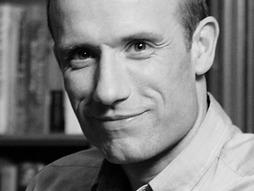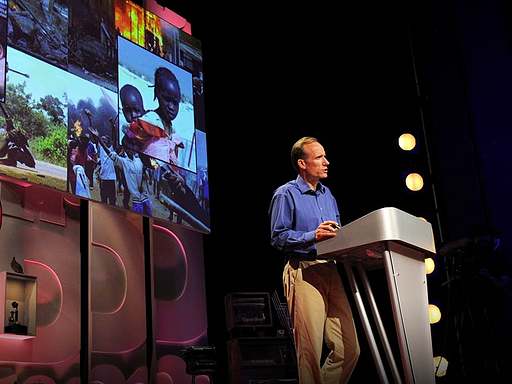The path to ending ethnic conflicts: Stefan Wolff on TED.com
Civil wars and ethnic conflicts have brought the world incredible suffering, but Stefan Wolff’s figures show that, in the last 20 years, their number has steadily decreased. He extracts critical lessons from Northern Ireland, Liberia, Timor and more to show that leadership, diplomacy and institutional design are our three most effective weapons in waging peace. […]
Continue reading
